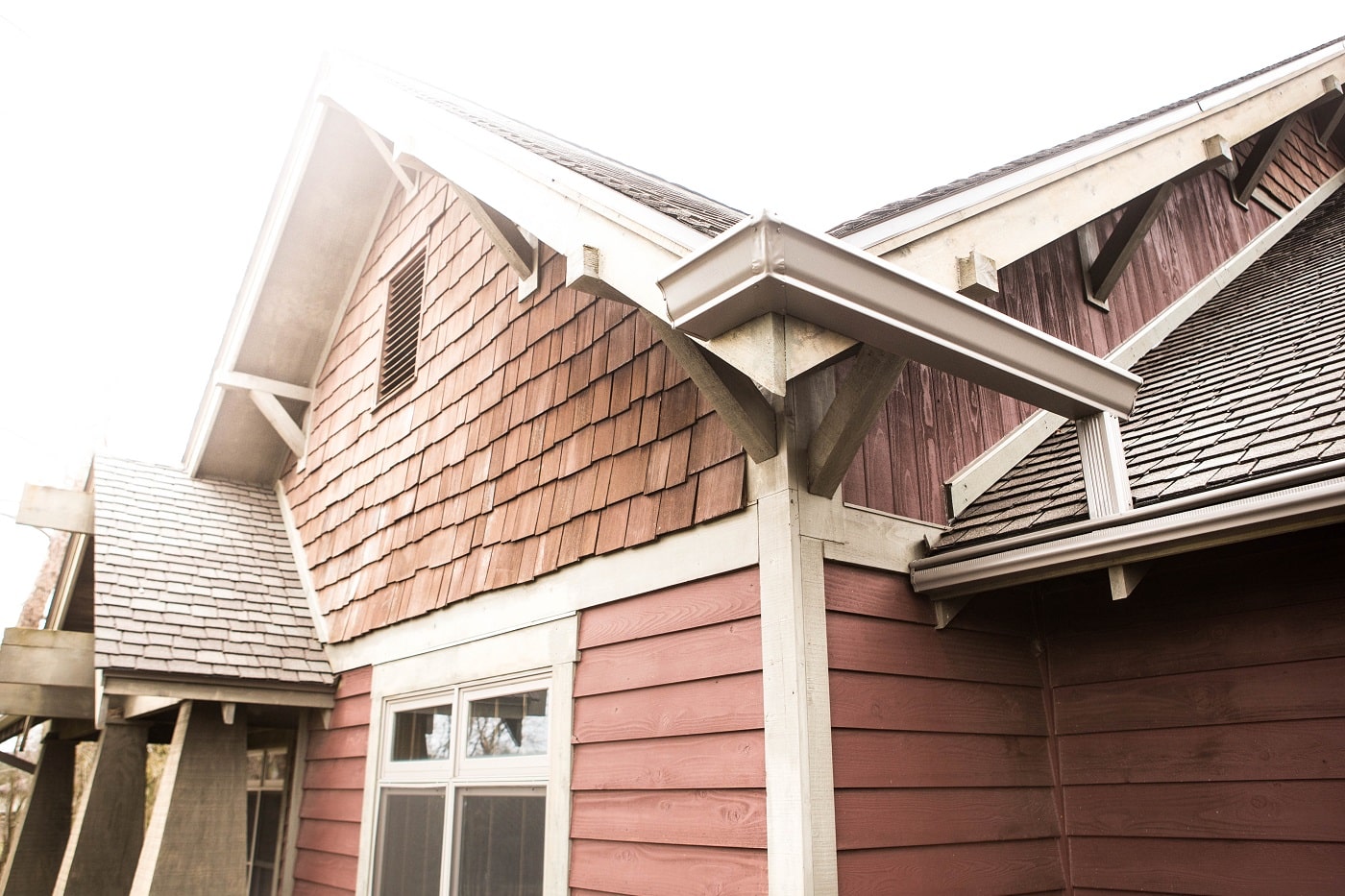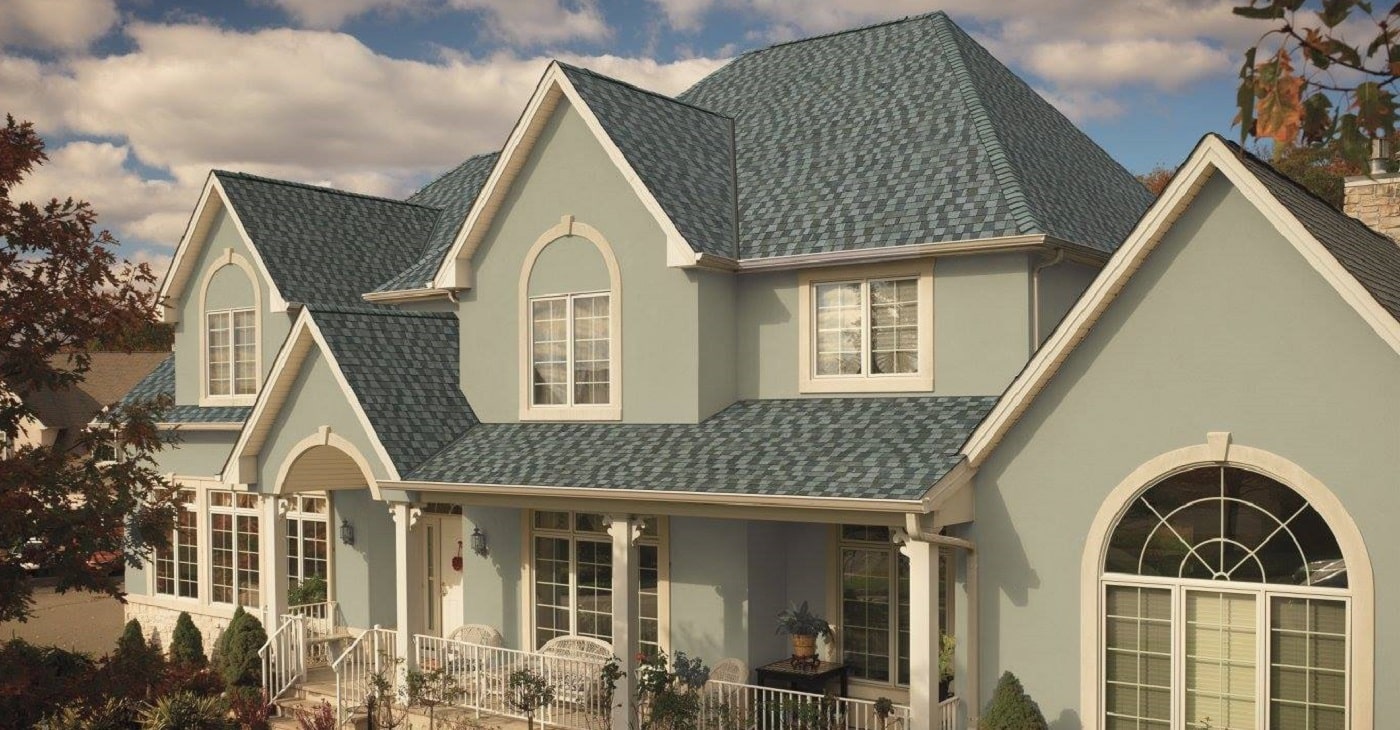Seven Surprising Things That Lower Homeowners Insurance Premiums
It’s been said that few things in life are certain besides death and taxes. For homeowners, an addendum to this phrase could be property insurance. Here are considerations and ways to lower your home insurance premiums.
Does A New Roof Lower Home Insurance?
One of the many factors that affect homeowners’ insurance premiums is your roof. Insurance companies know that replacing a roof is a costly venture. Older structures are susceptible to roof leaking, shingle loss, etc. That’s why having a newly installed roof can save you on insurance premiums. If the area you live in requires you to get homeowners’ hail insurance due to the frequency of this type of weather, companies are likely to reward you for installing impact resistant shingles, such as Timberline® ArmorShield™ II and Glenwood® Shingles.
Insurance companies also look favorably on metal roofing because research has shown that homes with metal roofs receive less damage from storms and house fires, which means the company is much less likely to have to pay an insurance claim. Learn how metal roofing impacts home insurance.
Explore Metal Roofing Installations:
Bundling Insurance Companies
Going with the same insurance company for your auto and homeowners’ policy will allow you to save on premiums in most cases. This is because the company is able to spread the administration costs over multiple policies. It also allows the insurance company to get a better snapshot of the amount of claims a person submits throughout all of their policies.
Does Your Credit Score Affect Your Homeowner’s Insurance Premium?
In the majority of states, insurance companies are allowed to incorporate credit-based insurance scores into their formula to calculate rates. The credit-based insurance score takes into account items such as the length of your credit history, if you pay your bills on time and low credit balances. Research has shown that better credit scores are attributed to more responsible homeowners who are less likely to submit claims. What this means for the consumer is that a higher credit score can mean reduced insurance rates.
Home Age
Unlike auto policies, which typically decrease with the age of the car, the newer your home is, the more likely you are to receive homeowner insurance discounts. This is due to the fact that modern homes have state-of-the art HVAC systems, roofs and plumbing which make them much less likely to fail. Older homes are more fragile. Certain structural components and materials may not be in very good shape requiring home renovation services from a contractor.
Deductible
The higher your deductible is, the less the insurance company has to pay out, in the event of a claim. Just be sure to be honest with yourself and don’t go so liberal with the homeowner’s insurance deductible amount that you are unable to pay it, should the need arise.
Smoking
You read that right, in addition to jacking up health insurance rates, smoking can also increase your home insurance premiums. The reasoning is that smoking indoors is the leading cause of home fire deaths in the United States each year. Additionally, the cost to restore homes affected by a house fire is substantial.
Your Age
Lastly, your age is one of the many factors that affect homeowners’ insurance premiums. As in many arenas, senior citizens oftentimes receive homeowner’s insurance discounts. This is due to the fact that they are home more often and homes are most likely to be burglarized when the property is unoccupied.
